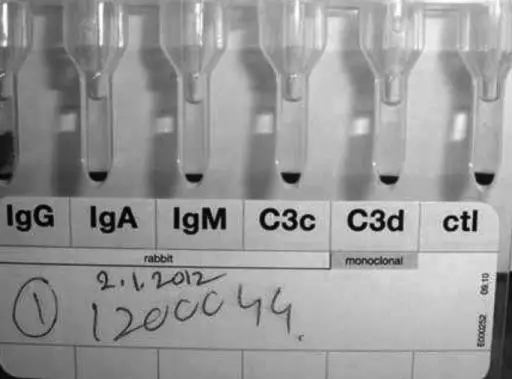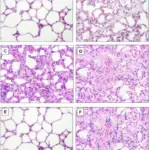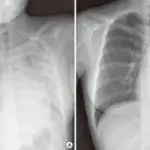Mild allergic transfusion reaction is reaction that occur during or after a blood transfusion and have a low degree of emergency compared to the rest and is characterized by pruritis, flushing or urticaria.
What is the Pathology of Mild Allergic Reaction?
The pathology of mild allergic transfusion reaction is:
-Etiology: The cause of mild allergic transfusion reaction is administration of the wrong blood, hypersensitivity, presence of histamines and bradykinins.
-Genes involved: None.
-Pathogenesis: The sequence of events that lead to mild allergic transfusion reaction is when that antibodies are formed against the components of the donor’s blood and are mediated to attack them.
-Morphology: NA.
-Histology: NA.
How does Mild Allergic Transfusion Reaction Present?
Patients with mild allergic transfusion reaction typically female present at age range of from 3 years. The symptoms, features, and clinical findings associated with mild allergic transfusion reaction include urticaria, pruritis, flushing and wheezing at times.
How is Mild Allergic Transfusion Reaction Diagnosed?
Mild allergic transfusion reaction is diagnosed mostly by physical examination.
How is Mild Allergic Transfusion Reaction Treated?
Mild allergic transfusion reaction is treated by cessation of blood transfusion, antihistamines administration.
What is the Prognosis of Mild Allergic Transfusion Reaction?
The prognosis of mild allergic transfusion reaction is good since it has a higher chance of survival rate, and one can re-initiate the transfusion again.



